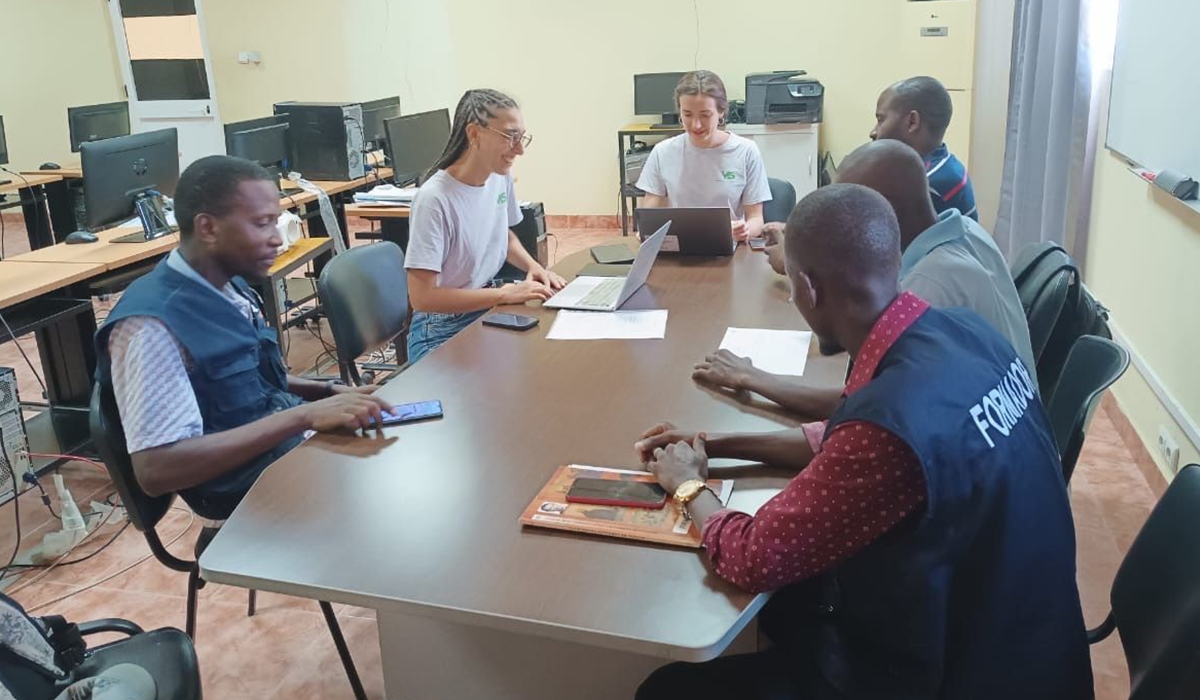The CircuWasteVETAfrica (CWVA) project has completed an important first phase of the project activity. They have conducted a comprehensive stakeholder mapping and skills gap analysis across Ghana, Namibia, São Tomé and Príncipe, and Angola, led by its African partners Swakopmund Municipality, VIS Angola, Presbyterian Relief Services and Development, and Centro de Formação Profissional de São Tomé e Príncipe.
This study forms a comprehensive groundwork for developing the train-the-trainers programs and strategic partnerships to scale the project across Africa.
It mapped key actors across the circular waste management value chain, ranging from government agencies and private sector actors to NGOs, VET institutions, and informal sector groups. It also assessed their influence, interest, and readiness to engage in the development of green skills and employment, particularly for youth and vulnerable groups. Each of these actors’ influence and interest was analysed to identify high-priority collaborators.
In these findings, ministries of environment, major recycling firms, and specialised training centers emerged as particularly influential and highly invested in the sector’s success.
The second phase of the project activity was the skills gap analysis conducted. A comprehensive effort by the partners involved in the collection of data and its analysis.
The surveyed analysis involved 24 organisations across Ghana, Namibia, São Tomé and Príncipe, and Angola were surveyed, revealing significant deficiencies in both technical and strategic competencies essential for advancing the circular waste economy. The most pressing gaps were identified in advanced waste treatment technologies, reported by 26.8% of respondents, highlighting the urgent need for specialised expertise in modern waste systems and equipment. Financial management and budgeting followed closely, filled by 18.3% of respondents, which reflects challenges in cost control and resource planning.
Additionally, 16.9% of organisations pointed to gaps in policy development and implementation, while 14.1% highlighted deficiencies in sustainable resource management, underscoring a systemic need for strategic planning and environmental literacy within the sector. Although most organisations reported a solid foundation in basic waste handling operations, there was a clear lack of higher-level competencies, including project management, data analysis, stakeholder engagement, and understanding of circular economy principles.
When asked to assess their workforce proficiency, only 16.7% of organisations rated their staff as operating at an “excellent” level, while the majority indicated strong but not yet industry-leading performance, revealing an urgent need to upskill.
These results are now serving as the foundation for the Train-the-Trainers modules currently being developed by the project partners, ensuring that its capacity-building efforts are targeted, relevant, and capable of equipping VET trainers and learners with the expertise needed to drive long-term impact in the circular waste management sector.
For further details on this deliverable, click here



